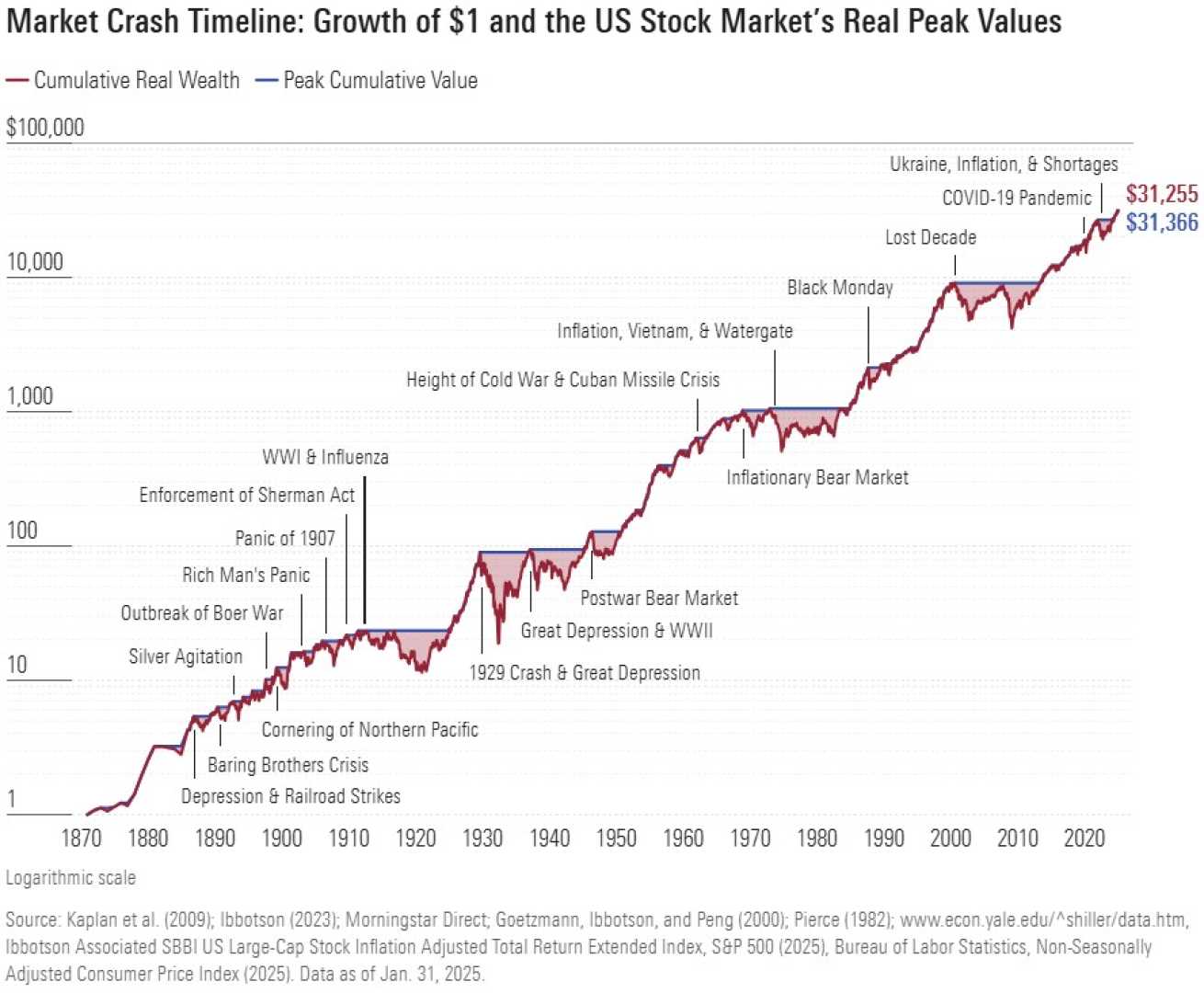Business
U.S. Stocks Decline Amid Rising Israel-Iran Tensions

NEW YORK, June 17 (Reuters) – U.S. stocks closed lower on Tuesday as ongoing tensions between Israel and Iran intensified investor anxiety, marking the fifth consecutive day of conflict. The U.S. military has moved additional fighter jets to the Middle East in response to the situation.
The Cboe Volatility Index also rose, closing at 21.6, its highest level since May 23. Reports from three U.S. officials indicated that more military aircraft were being deployed to the region as the situation continues to escalate.
President Donald Trump commented on the conflict, suggesting that Iran should surrender unconditionally. The unrest began last Friday when Israel launched attacks on Iran’s nuclear facilities.
Terry Sandven, chief equity strategist at U.S. Bank Wealth Management, shared insights, stating, ‘We’re in a period where visibility is not great, uncertainty is high, and the wall of worry is under construction.’
In addition to the Middle East conflict, investors are monitoring updates regarding tariffs, tax policies, and U.S. interest rates. The Federal Reserve is expected to make an important announcement on interest rates Wednesday, with most experts anticipating no change.
Among the major sectors of the S&P 500, all showed declines except for energy, driven by rising oil prices. Defense stocks, such as Lockheed Martin, saw gains, increasing by 2.6%.
The Dow Jones Industrial Average fell by 299.29 points, or 0.70%, closing at 42,215.80. The S&P 500 dropped 50.39 points, or 0.84%, finishing at 5,982.72, while the Nasdaq Composite fell 180.12 points, or 0.91%, to 19,521.09.
Sandven noted, ‘The market could trade sideways until investors get more clarity,’ but expressed optimism that other factors might support equities.
Recent data showed the U.S. economy lost more jobs than expected in May, raising concerns about consumer confidence. Brian Jacobsen, chief economist at Annex Wealth Management, remarked, ‘The resilient consumer is getting skittish.’
On the New York Stock Exchange, declining issues outnumbered advancers by a ratio of 2.07-to-1, while on the Nasdaq, 1,325 stocks advanced versus 3,130 that fell, with a ratio of 2.36-to-1.
Looking ahead, investors and analysts remain cautious, particularly regarding oil supply and geopolitical risks surrounding the ongoing Israel-Iran conflict.












